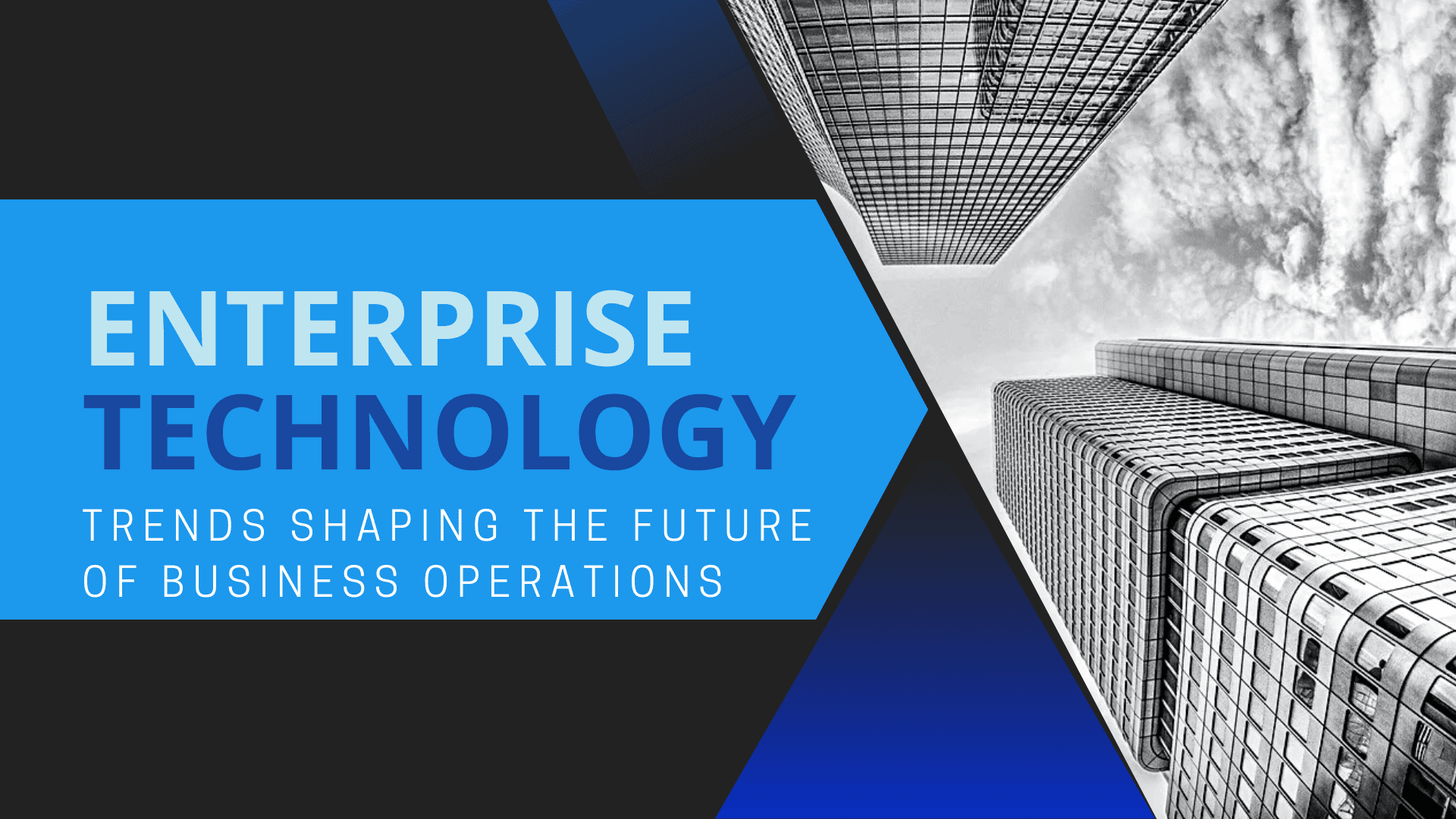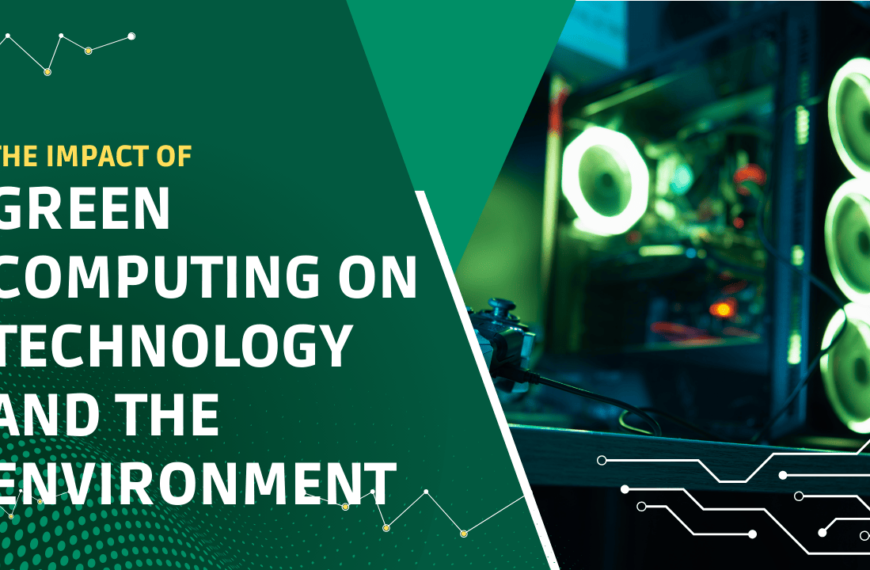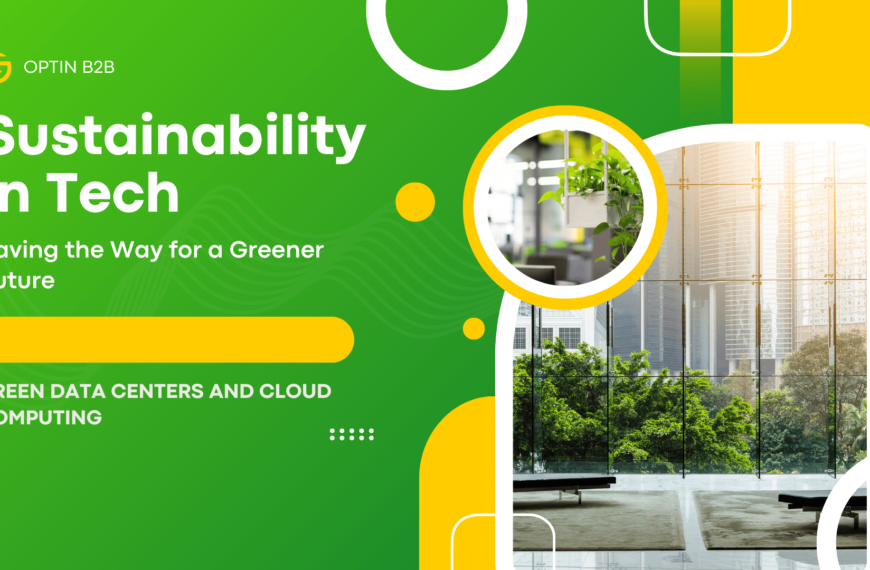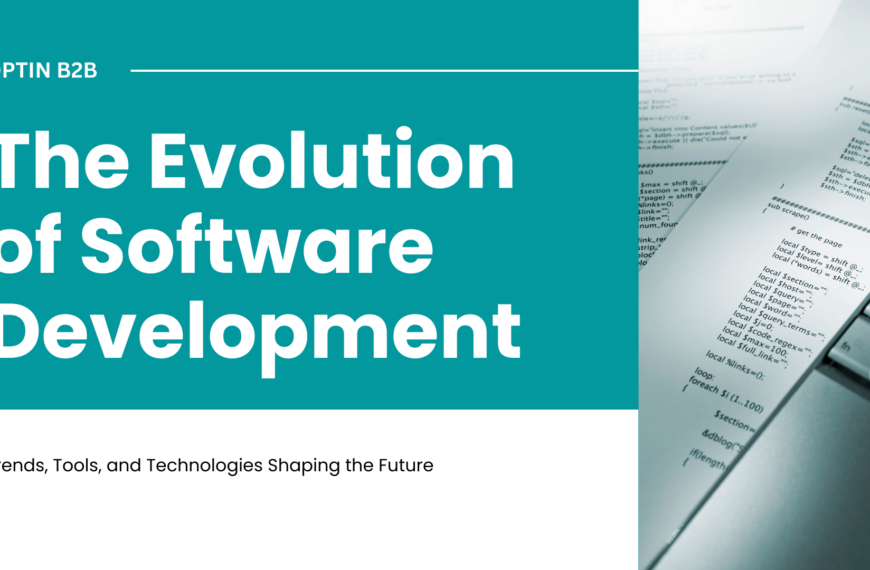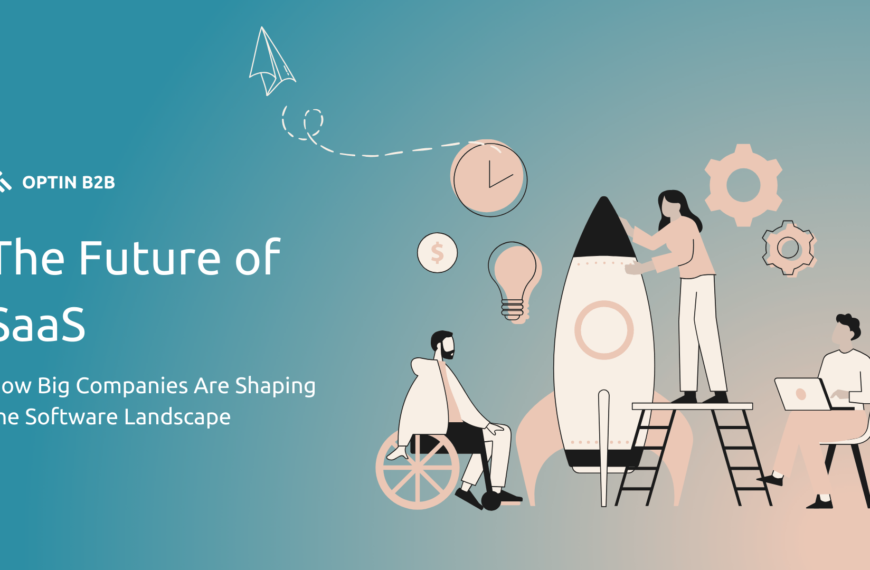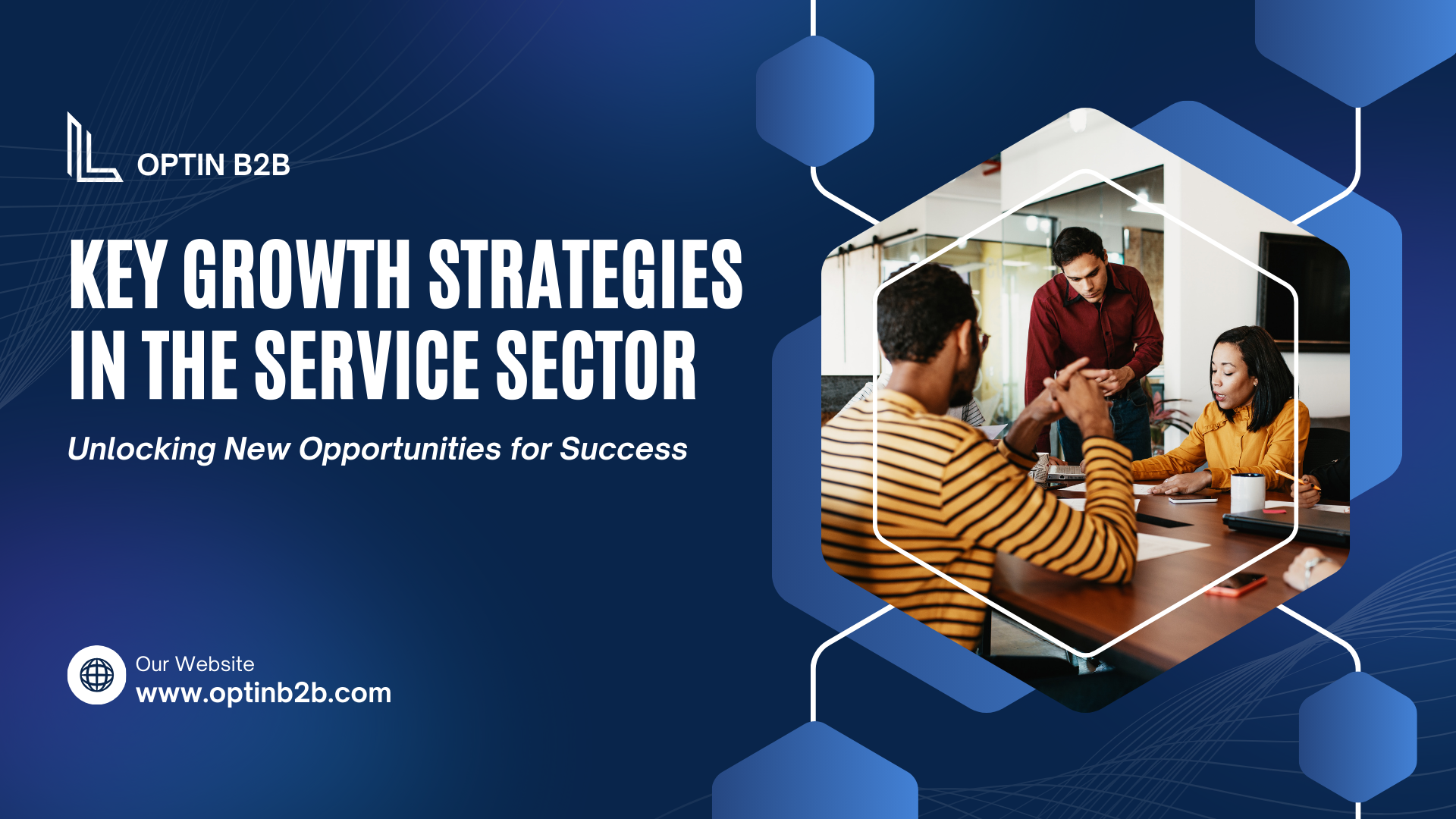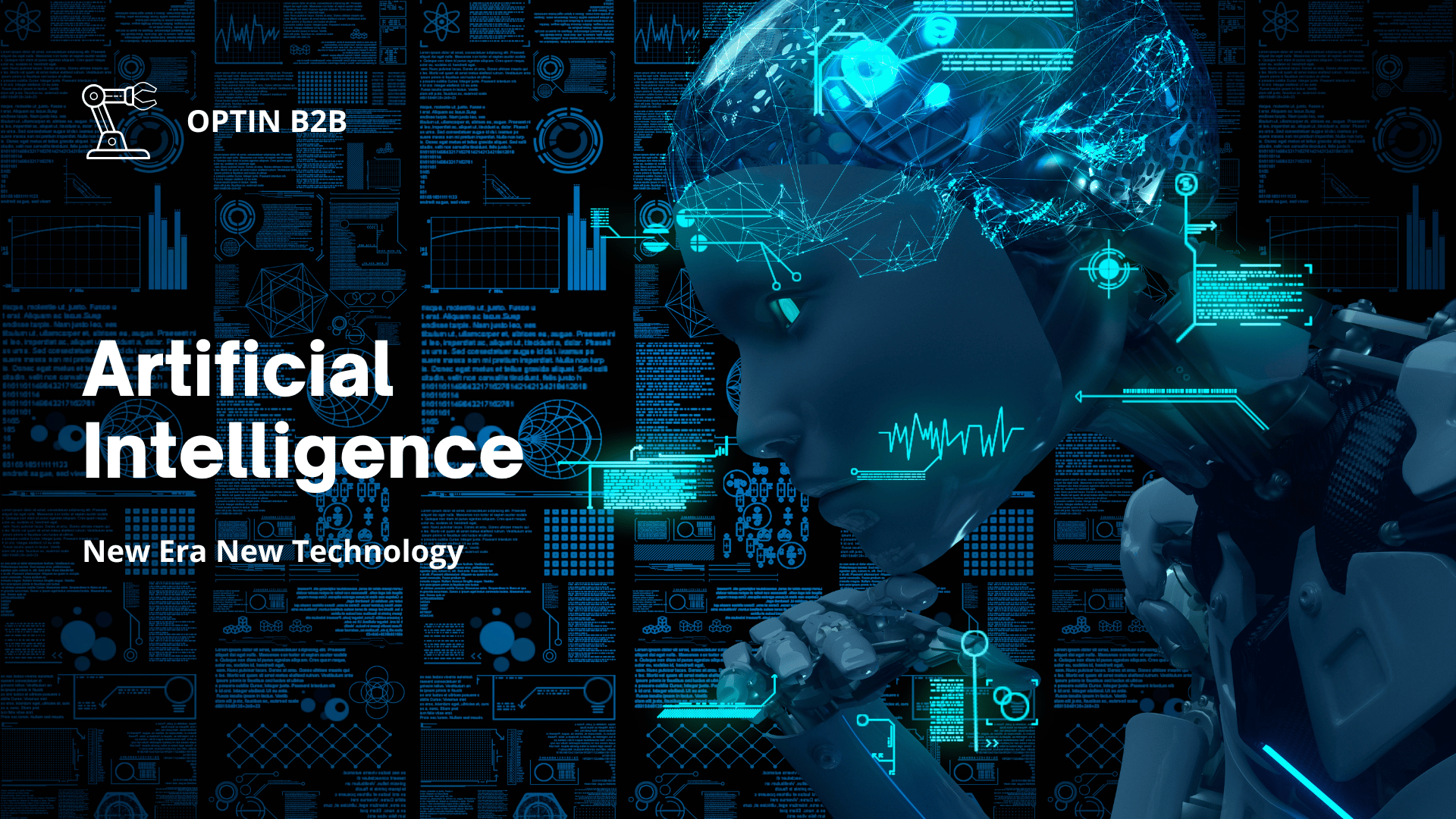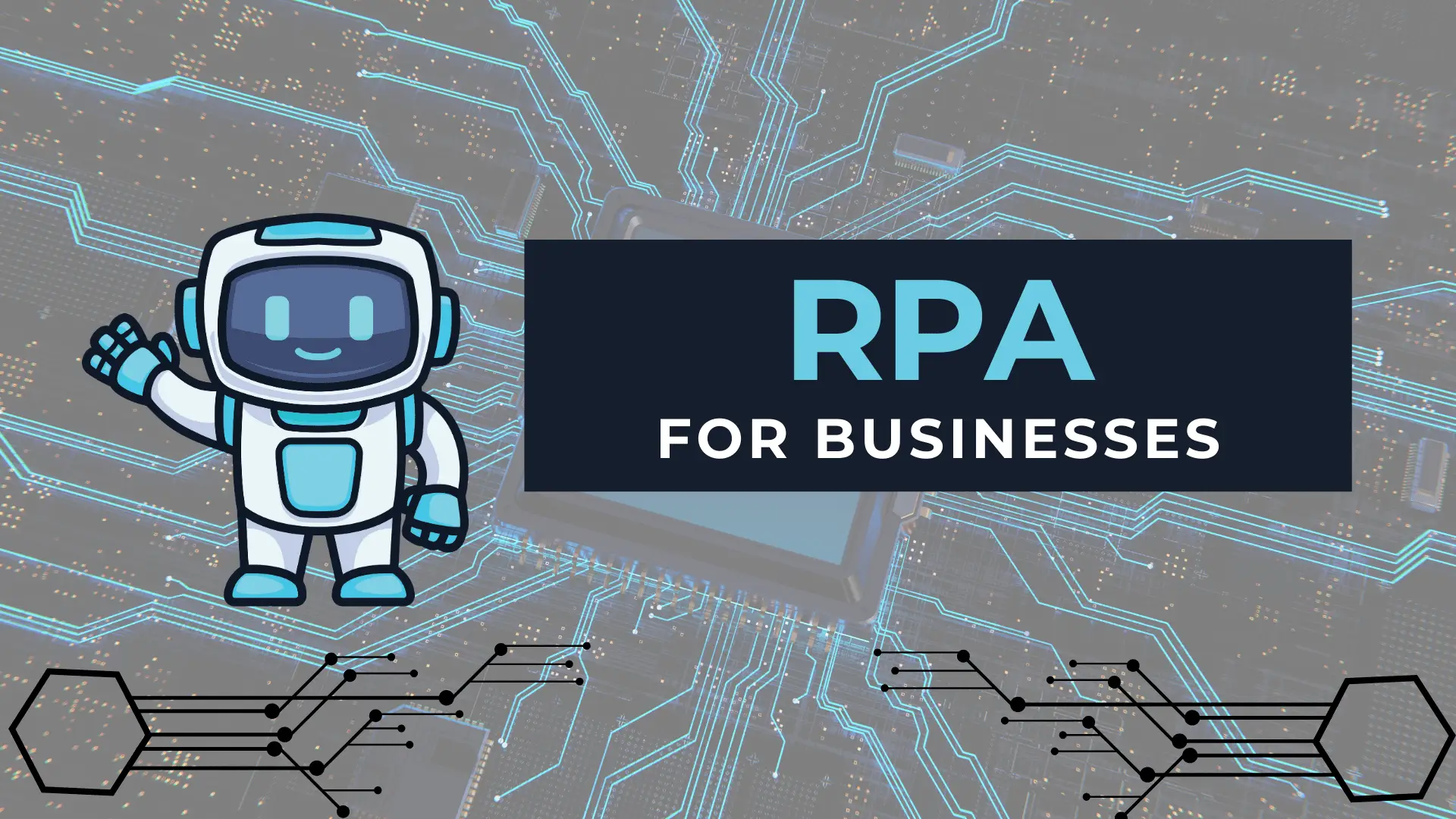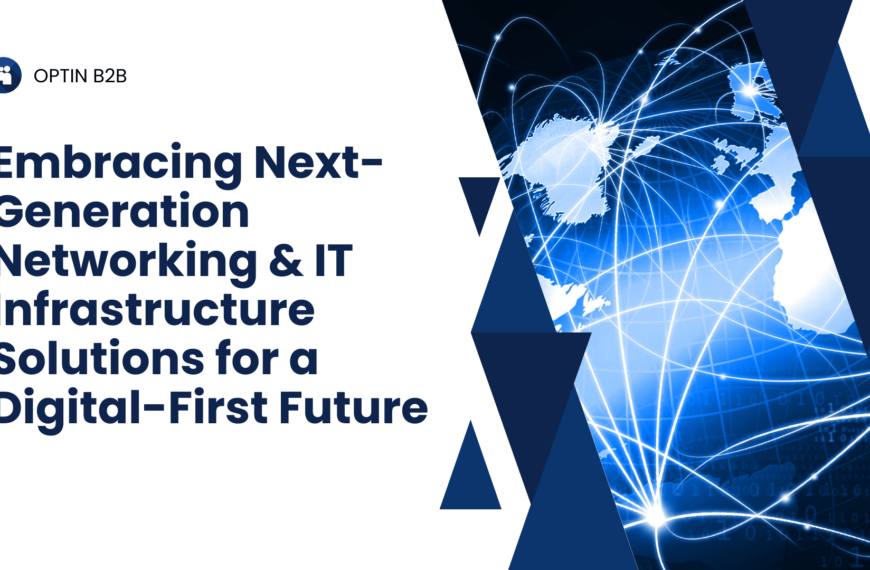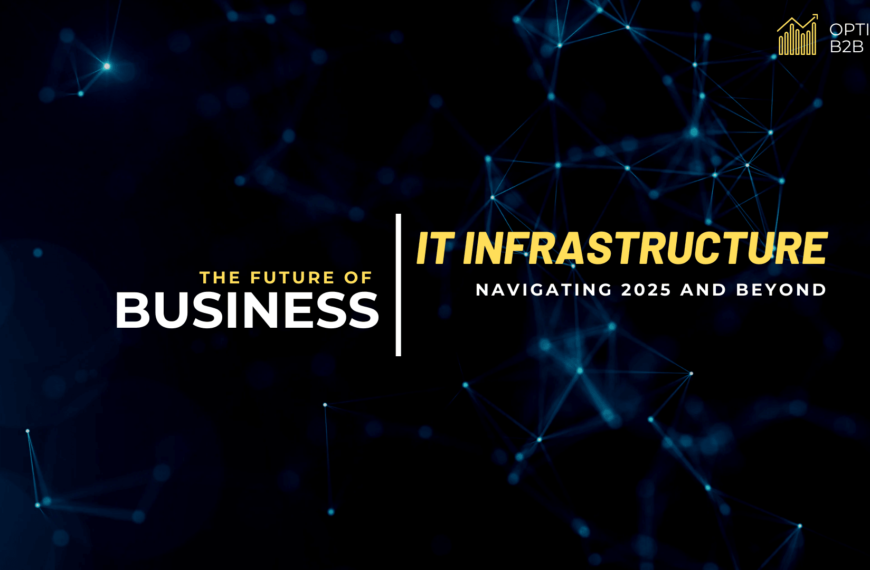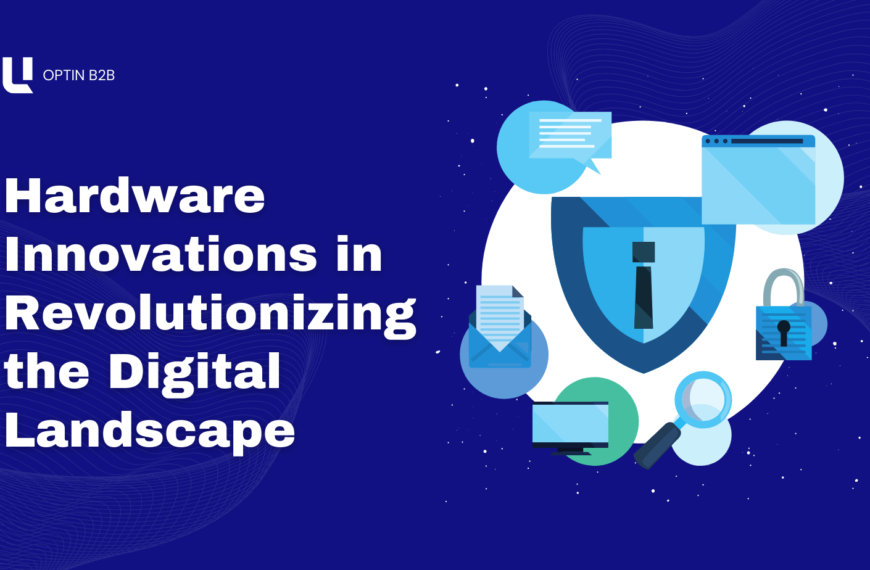Enterprise technology is constantly evolving to help organizations operate more efficiently, securely, and intelligently. As we enter 2025, the integration of cutting-edge technologies is transforming how enterprises manage operations, streamline workflows, and engage with customers. From artificial intelligence (AI) to cloud computing, businesses are leveraging these innovations to stay competitive in an increasingly digital landscape. Let’s explore some of the key trends in enterprise technology that are driving growth and change.
Artificial Intelligence and Machine Learning in Enterprise Operations
Artificial intelligence (AI) and machine learning (ML) are at the forefront of technological advancements in enterprises. These technologies are being integrated into various business functions, including customer service, data analytics, and supply chain management. AI-powered chatbots, like those used by IBM Watson, help automate customer support, reducing the need for human agents. Machine learning algorithms are also being used to analyze vast amounts of data to identify trends and make more informed decisions. Companies like Microsoft and Google are utilizing AI and ML in their enterprise solutions, providing businesses with the tools to optimize their operations and increase efficiency.
Cloud Computing and Hybrid Cloud Solutions
Cloud computing continues to revolutionize enterprise technology, offering scalable, flexible, and cost-effective solutions for businesses. In 2025, hybrid cloud solutions—where businesses use a mix of on-premises infrastructure and public cloud services—are expected to become more common. This approach allows organizations to balance security and cost, storing sensitive data on private clouds while leveraging public clouds for more flexible and scalable computing needs. Amazon Web Services (AWS), Microsoft Azure, and Google Cloud are key players in the cloud space, offering a wide range of tools and services to help businesses migrate to the cloud and manage their infrastructure.
Blockchain Technology for Secure and Transparent Transactions
Blockchain technology, most commonly associated with cryptocurrency, is making its way into enterprise operations. In 2025, more businesses are expected to adopt blockchain for its ability to offer secure, transparent, and immutable transaction records. Enterprises are using blockchain for everything from improving supply chain visibility to securing financial transactions and reducing fraud. Companies like IBM and Walmart have already implemented blockchain technology to trace products from the manufacturer to the consumer, improving transparency and trust. This secure and transparent ledger system has the potential to disrupt industries such as healthcare, logistics, and finance.
Automation and Robotic Process Automation (RPA)
Automation is one of the most significant trends in enterprise technology, helping businesses reduce manual effort and improve operational efficiency. Robotic Process Automation (RPA) allows businesses to automate repetitive tasks, freeing up employees to focus on higher-value work. In 2025, more enterprises are expected to adopt RPA to streamline processes such as data entry, invoice processing, and customer onboarding. Companies like UiPath and Automation Anywhere are leaders in the RPA space, providing businesses with software robots that can carry out tasks across various applications without human intervention.
Cybersecurity and Data Privacy in the Digital Age
With the increasing reliance on digital technologies, cybersecurity has become a top priority for businesses in 2025. The rise of cyber threats, data breaches, and ransomware attacks means that enterprises must invest in robust security measures to protect their sensitive data and systems. Technologies such as encryption, multi-factor authentication, and AI-driven threat detection are becoming essential tools for enterprises to safeguard their digital assets. Companies like CrowdStrike and Palo Alto Networks are providing cutting-edge cybersecurity solutions that help businesses protect themselves from evolving cyber threats.
As we move into 2025, the landscape of enterprise technology will be defined by AI, cloud computing, blockchain, automation, and cybersecurity. These technologies are helping businesses become more agile, secure, and efficient, enabling them to respond quickly to changing market conditions and customer demands. For enterprises looking to stay competitive, embracing these innovations is not just a choice, but a necessity. By adopting the right technology solutions, businesses can unlock new opportunities, streamline operations, and future-proof their organizations in the digital age.

